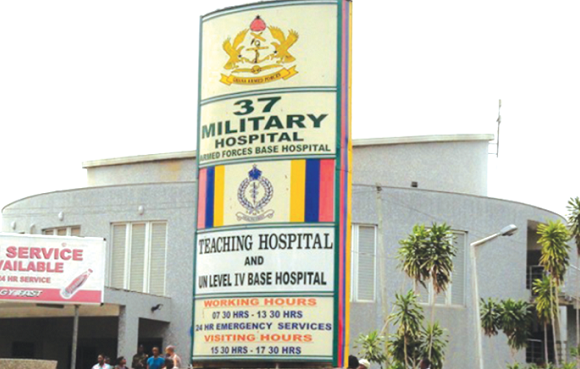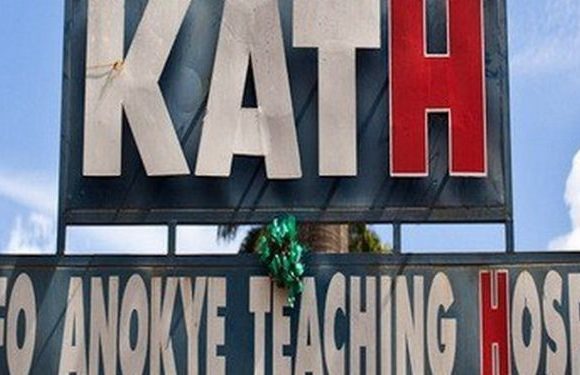Old Students of Saltpond Methodist donate consumables to hospital

Former students of Saltpond Methodist Junior High School have donated medical supplies to the Saltpond Government hospital to deliver healthcare more effectively and efficiently.
Insulin syringes, magnesium sulphate, 108 dye pods with big tubes, 41 admin sets, water for injection, and vented vial spike were among the donated consumables.
The supplies came from Breast Care International, a non-governmental organization that promotes breast cancer awareness in the country.
Old Students of Saltpond Methodist donate consumables to hospital
According to Isaac Ewuah Mensah, a member of the school’s 2000-year group, the donation was made to aid the hospital’s operations.
He stated, “This is to serve the residents of the Mfantsiman municipality and its surroundings.”
According to Mr. Mensah, the 2020 group wants to do a lot more to support local residents who are living in extreme poverty in getting access to high-quality healthcare.
Dr. Michael Goaso Danso, the hospital’s medical director, praised the group and exhorted them to keep working hard.
Old Students of Saltpond Methodist donate consumables to hospital
According to Dr. Danso, the hospital will use the supplies effectively to fulfill its intended function.
This was not the first time, Breast Care International helped to donate consumables to health facilities.
In May 2022, 47 different medicines were provided to 12 health facilities at a cost of $350,000.
Some of the beneficiaries were Peace and Love Hospital, Bunkprugu District Hospital, Metro Clinic, Apaa SDA Hospital and Fankyenebra Hospital.
Old Students of Saltpond Methodist donate consumables to hospital
Others included Ankaase Hospital, SDA Hospital in Asamang, St. Patrick’s Hospital at Maase, Asunafo South District Hospital, Kenyasi Health Center, Pope John Paul II Medical Hospital and Watborg Eye Services.
The drugs include consumables, anti-cancer, hypertensive, asthmatic, and diabetic drugs among others.
The President of Breast Care International (BCI), Dr. Beatrice Wiafe-Addai, who donated the drugs to the facilities stated that the drugs were free and therefore patients should receive them free of charge.
Source: Mahmud Mohammed-Nurudeen




